Sanjay Leela Bhansali – “There is dignity in being a celebrity. Let us not lose that dignity.” – Birthday Special
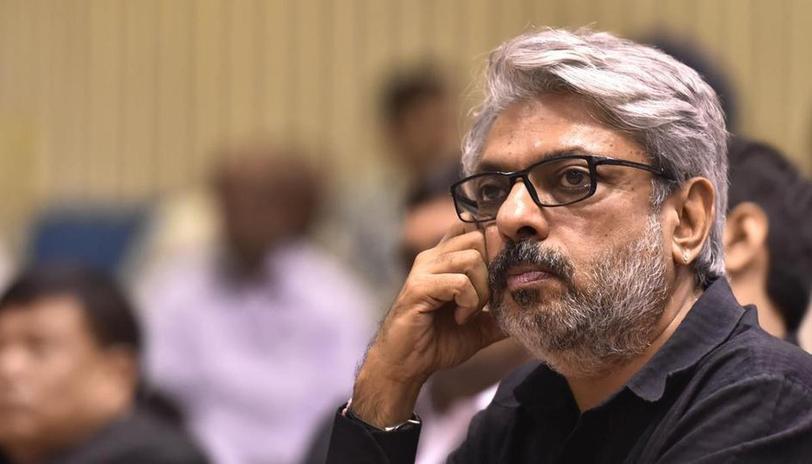
Sanjay Leela Bhansali was born on 24th February 1963 in Bhuleshwar, South Mumbai to a Gujarati family. His mother, Leela used to sew clothes to make ends meet. He speaks Gujarati at home and loves Gujarati food, music, literature, and architecture.
Directorial Career:
Bhansali began his career as an assistant to Vidhu Vinod Chopra and was involved in the making of ‘Parinda’, ‘1942: A Love Story’, and ‘Kareeb’. However, they had a falling-out when Bhansali refused to direct Kareeb. In 1996, he made his directorial debut with ‘Khamoshi: The Musical’, the commercially unsuccessful but critically acclaimed narration of a daughter’s struggle to communicate with her deaf-mute parents.
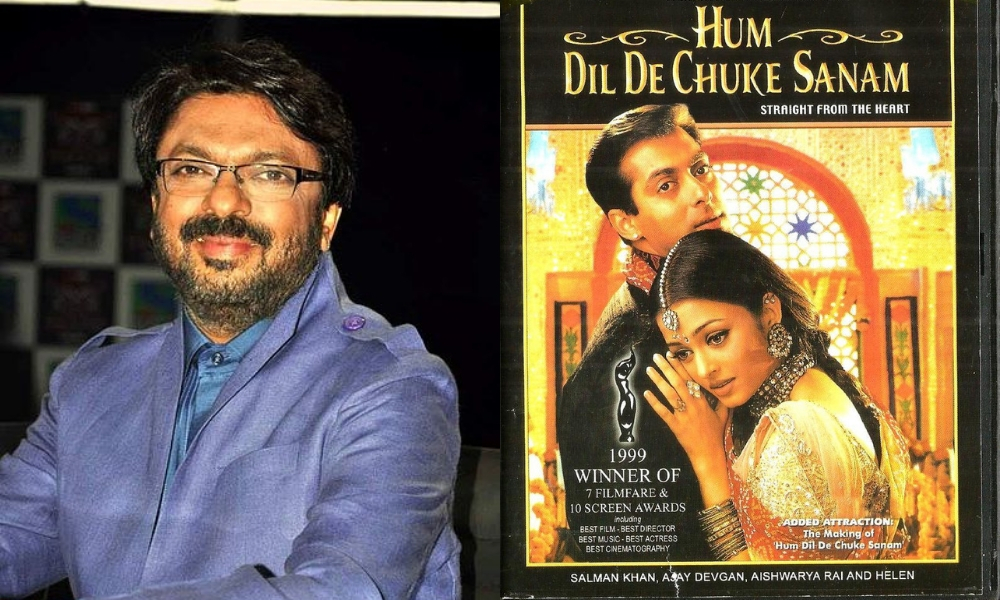
He rose to prominence in Indian cinema with a triangular love story, Hum Dil De Chuke Sanam, starring Aishwarya Rai, Salman Khan, and Ajay Devgn, which established his individualistic stamp for visual splendor and creating auras of celebration and festivity.
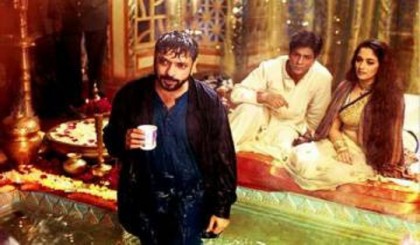
His next film, ‘Devdas’, starring Shahrukh Khan, Aishwarya Rai, and Madhuri Dixit, was Bhansali’s ode to the novel of the same novel, which became the highest-grossing film of 2002. The film also received unanimous acclaim from the critics and won all the major accolades at Filmfare, emerging as the most awarded film in Filmfare, (tied with the 1995 ‘Dilwale Dulhania Le Jayenge’.
At the 50th National Film Awards, it won five awards including Best Popular Film Providing Wholesome Entertainment. It received a nomination for the Best Foreign Film at the British Academy of Film & Television Awards (BAFTA). It was India’s submission for the Academy Award for Best Foreign Language Film. The film was also screened at the 2002 Cannes Film Festival. It stood eighth in Time magazine’s “The 10 Greatest Movies of the Millennium (Thus Far)”.
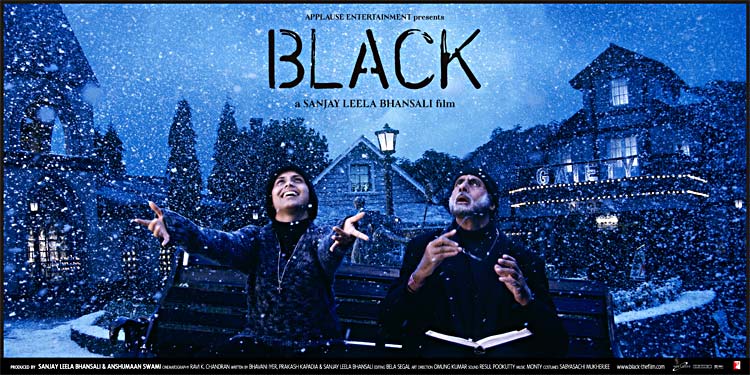
His next film, ‘Black’, starring Amitabh Bachchan and Rani Mukherji, broke his own all-time record of Devdas by garnering eleven awards, the highest number of awards ever given to a single film at Filmfare.
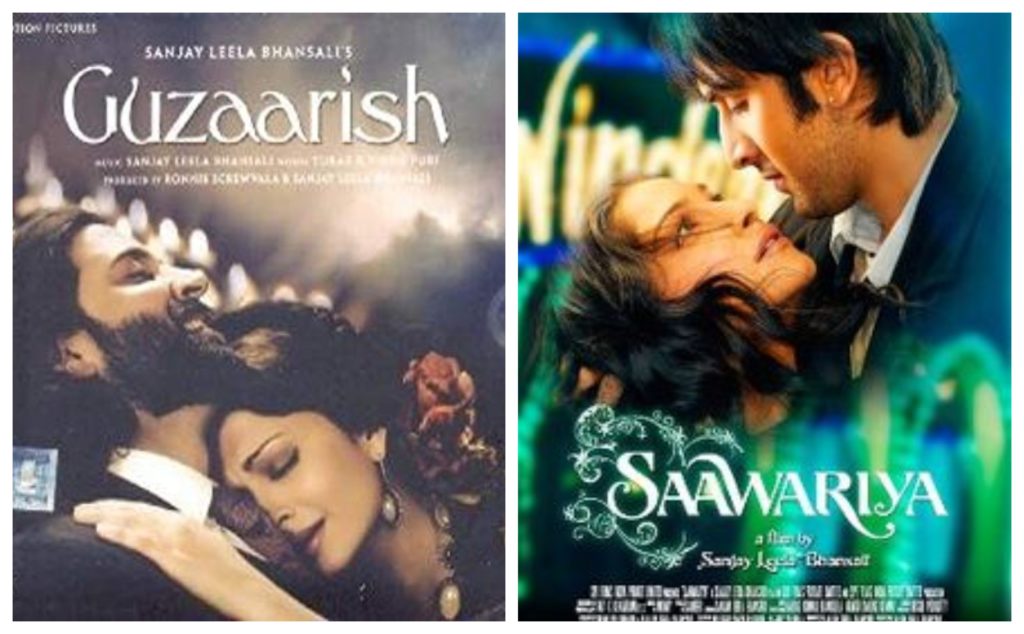
He followed his directorial career by directing consecutive commercially unsuccessful films such as Saawariya (2007) and Guzaarish (2010), however, Guzaarish received positive reviews from critics and audiences.
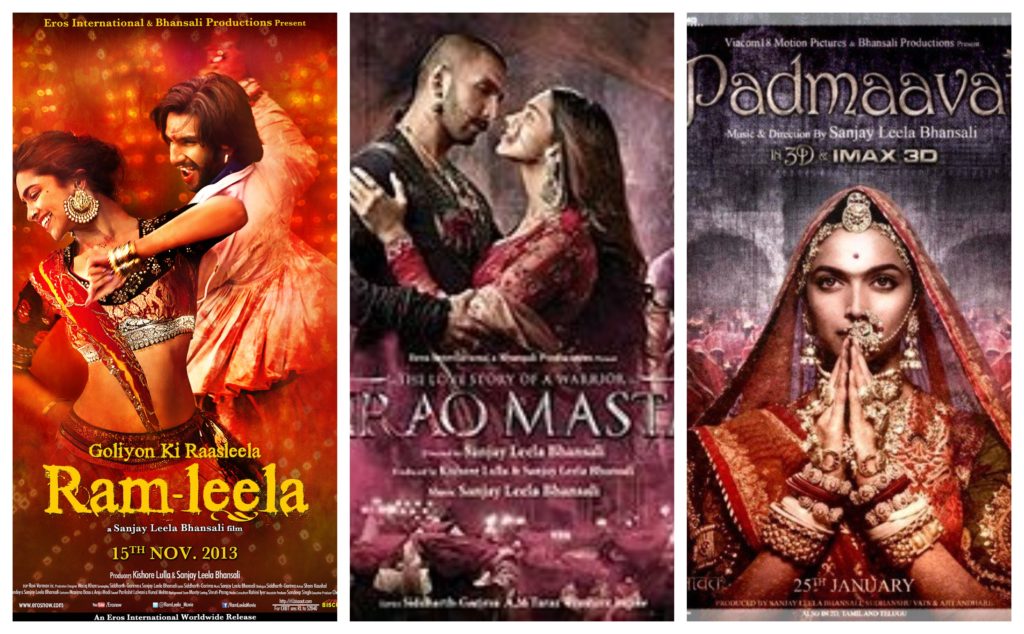
This changed with his adaptation of Shakespeare’s Romeo and Juliet — the tragic romance Goliyon Ki Raasleela Ram-Leela (2013) — opened to positive reviews and strong box office collections, for which he received several awards and nominations. His home production biographical sports film Mary Kom (2014), had him receive his third National Film Award. His period dramas ‘Bajirao Mastani’ (2015) and ‘Padmaawat’ (2018) both rank among the highest-grossing Indian films of all time. For the former, he won the National Film Award for Best Direction, as well as Filmfare Awards for Best Director and Best Film; and for the latter, he won National Film Award for Best Music Direction and Film Award for Best Music Director.
